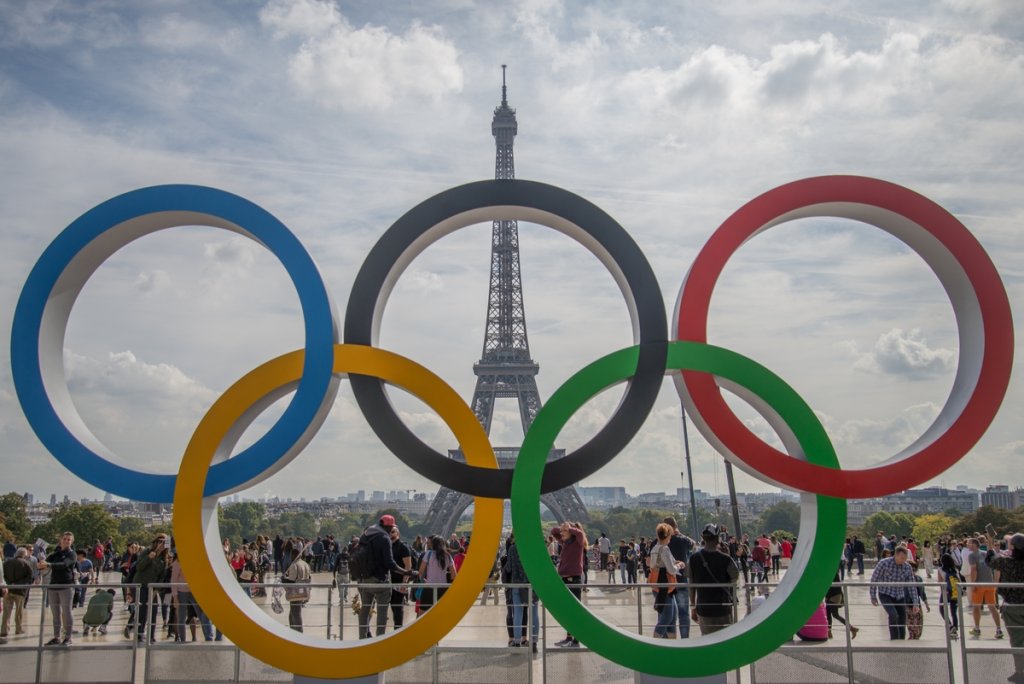
The Vatican has expressed deep sadness over a controversial segment in the Paris Olympics opening ceremony, which it perceived as offensive to Christians and other religious believers.
In an unusual weekend press release issued in French, the Holy See joined the chorus of voices criticising what appeared to be a parody of Leonardo da Vinci’s “The Last Supper” painting.
“In a prestigious event where the whole world comes together around common values, there should not be allusions ridiculing the religious convictions of many people,” the Vatican stated, emphasising that while freedom of expression is not in question, it should be limited by respect for others.
The contentious tableau, part of the ceremony’s artistic programme, featured drag queens, a transgender model, and a plus-sized LGBT+ activist DJ named Barbara Butch, arranged around a dining table. Initially interpreted by many as a mockery of the Last Supper, the scene sparked outrage among religious leaders and conservative politicians worldwide.
However, the tableau was not, in fact, inspired by the Last Supper. Thomas Jolly, the artistic director of the ceremony, clarified that the scene was based on “Feast of the Gods”, a 1635 painting by Dutch artist Jan van Bijlert. The tableau was intended to celebrate French culture, inclusivity, and the mythological connections to the Olympic Games.
Barbara Butch, originally thought to be parodying Jesus, was actually portraying Apollo, the sun god, explaining her halo-like lighting. The DJ equipment before her was a modern twist on Apollo’s traditional harp.

Despite this clarification, the Vatican’s statement, issued more than a week after the opening ceremony, suggests that the perceived slight to religious sensibilities remains a significant concern for the Catholic Church.
Malta’s Archbishop Charles Scicluna was among those who voiced strong objections, demanding an apology from French authorities for what he perceived as a “gratuitous insult to the Eucharist”. In response, France’s ambassador to Malta, Agnès Von Der Mühll, quoted the Bible: “Judge not according to the appearance, but judge righteous judgment”. She emphasized France’s commitment to free thought, secularism, and freedom of creation.
This misunderstanding has sparked a broader debate about the interpretation of art, the responsibilities of state-sponsored events, and the importance of cultural literacy. Critics argue that even if unintentional, the tableau’s resemblance to the Last Supper was problematic for a state-sponsored event. Defenders maintain that art should be protected from censorship and that the misinterpretation stemmed from a lack of classical knowledge.
If anything, the incident underlines the complex interplay between Europe’s classical, Christian, and secular heritage and underscores the need for greater cultural understanding and sensitivity in our increasingly diverse societies.
While the Paris Olympic Committee has apologised for any unintended offense, the debate continues about the role of religious imagery in public celebrations and the boundaries of artistic expression in multicultural societies.
Source: Newsbook.com.mt





